SMART Recovery
People that struggle with obsessive thoughts and compulsive behaviors can agree that it is important to have people to talk to. For the last 80+ years, Alcoholics Anonymous (AA) was seen as the only option for a mutual self-help group for someone that has struggled with addiction. There were other options but many did not have the popularity and accessibility that the anonymous movement had.
Personally, AA saved my life when I was 24 years old. It was the only game in town. There are many aspects of AA that I don’t personally agree with and that’s okay. I am grateful it was there for me and that the 12-step process allowed me to change.
There are other options though! One option is SMART Recovery. SMART uses a 4 point system:
Point 1: Building and Maintaining Motivation
Point 2: Coping with Urges
Point 3: Managing Thoughts, Feelings, and Behaviors
Point 4: Living a Balanced Life
SMART is an acronym for Self Management and Recovery Training. All topics and issues go back to these major points. SMART is rooted in evidence and draws heavily on scientific principles from Cognitive Behavior Therapy (CBT), Motivational Interviewing (MI), and Rational Emotive Behavior Therapy (REBT). These practical techniques help move the person addicted to change.
Unlike AA, SMART is science-based (not spiritual), doesn’t use labels (in AA, we say “My name is…I’m an alcoholic), the meeting format is more active engagement and problem-solving, there are no such things as sponsors. I look at SMART as being similar to a 12-step program but with a progressive, refreshing and modern twist on the delivery of the program. Young people hate the religiosity of the 12-step program but can relate to the language of SMART.
If you’re like me, then you probably judge things you aren’t familiar with. The first time I heard about SMART Recovery I immediately began bashing it because it wasn’t what I was used to. I had to change my perspective and look at SMART through a non-judgmental lens and I had to look at the similarities. In fact, a lot of people blend AA and SMART Recovery for their personal recovery program.
Like AA, SMART Recovery is abstinence-based, believes in the power of choice for the individual, and has no personal advice or stance on medication. The 12-steps are very CBT, MI, and REBT by nature but in 1935, when the 12-steps were written, they didn’t have such science-based interventions. They were still conducting a random frontal lobotomy for the addicted person. (That was only 90 years ago)
SMART may not be for everyone. AA may not be for everyone. Recovery is for everyone and it is important to have options. Check out smartrecovery.org.
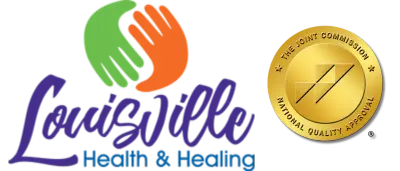
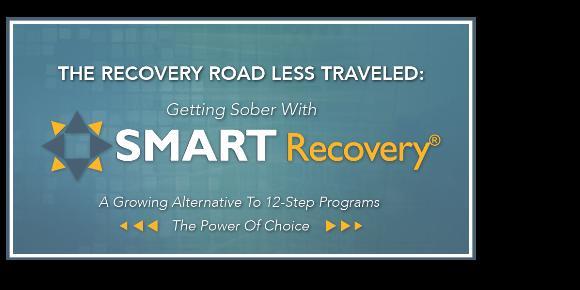


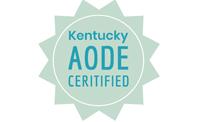
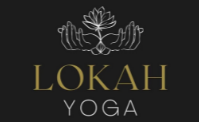
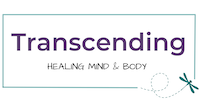

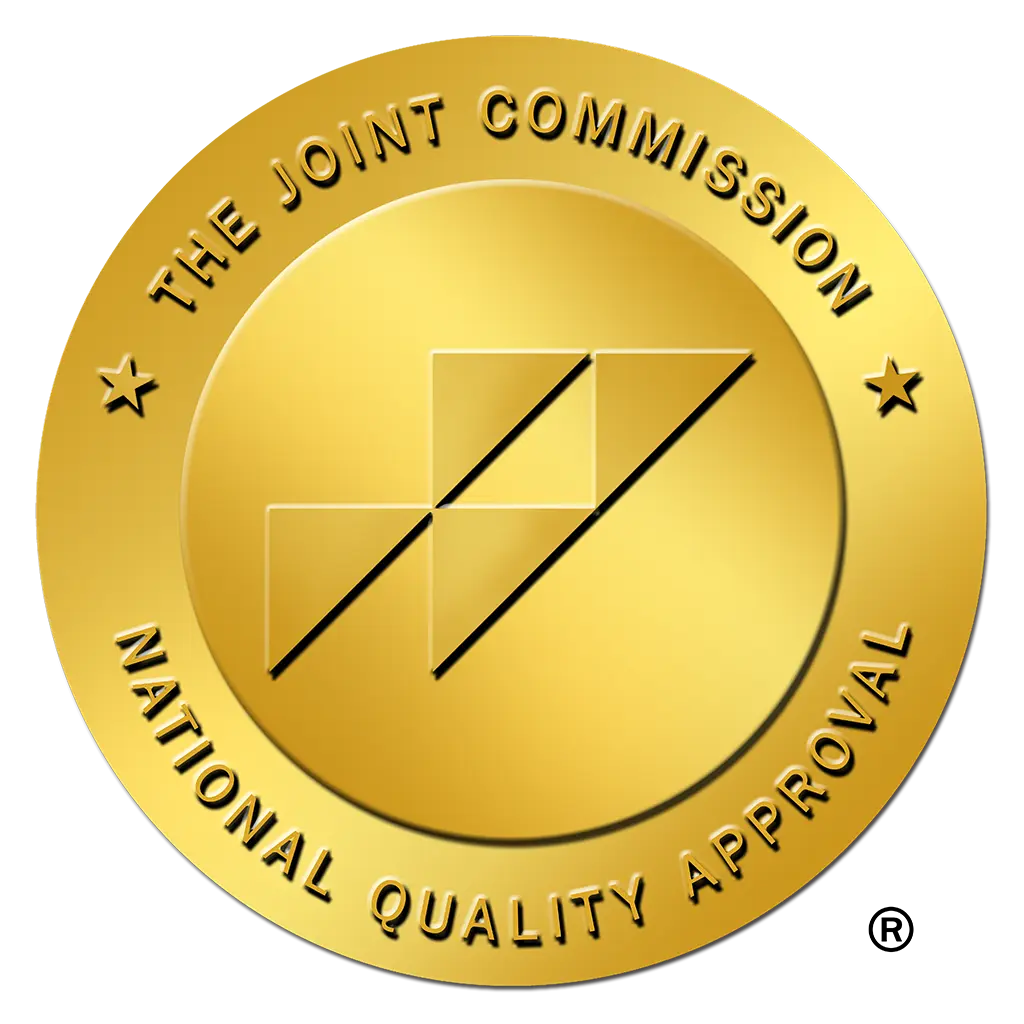

Leave a Reply
Want to join the discussion?Feel free to contribute!